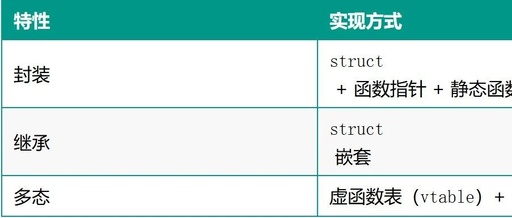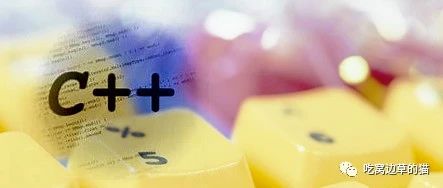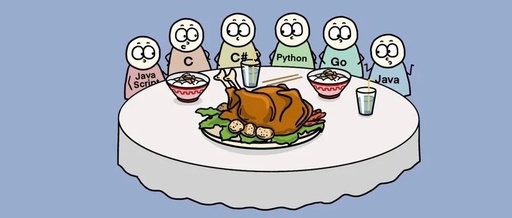C++ Advanced: In-Depth Understanding of Virtual Functions, Inheritance, and Polymorphism
C++ Advanced: In-Depth Understanding of Virtual Functions, Inheritance, and Polymorphism In C++ object-oriented programming, inheritance and polymorphism are two core concepts. Today, we will delve into several important features closely related to polymorphism in C++: virtual functions, the <span>virtual</span> keyword, the <span>override</span> keyword, multiple inheritance, and virtual inheritance. These topics are key to understanding the … Read more









